KUALA LUMPUR, July 31 – The federal government has allocated RM40 billion under the 13th Malaysia Plan (13MP) 2026 to 2030 to implement wide-ranging reforms in the healthcare sector, Prime Minister Datuk Seri Anwar Ibrahim announced today.
He said the healthcare reform agenda is a vital government initiative to ensure sustainable health financing while expanding access to quality and affordable healthcare services for all Malaysians, which is also aimed at increasing service options for patients without compromising on cost or quality.
To strengthen medical supply security, Anwar said domestic pharmaceutical manufacturing would be encouraged, while the use of generic medicines in both the public and private sectors would be significantly increased.
“Pro-health taxes will be expanded from sugar to products such as tobacco, vape and alcohol, not just for revenue but to encourage behavioural change and curb the increase in non-communicable diseases (NCDs) which is increasingly worrying,” he said when tabling the 13MP themed “Melakar Semula Pembangunan” (Redesigning Development) at the Dewan Rakyat today.
Another key objective of the reform, Anwar said, is to reduce the out-of-pocket healthcare expenses borne by citizens. Under the 13MP, more hospitals and clinics – including those in dilapidated condition – will be built or upgraded to improve healthcare delivery nationwide.
Major projects slated for development include Hospital Tuanku Ja’afar 2 in Seremban, Hospital Sultanah Aminah 2 in Johor Bahru, the Northern Region Cancer Centre in Sungai Petani, the Sabah Heart Centre at Hospital Queen Elizabeth II in Kota Kinabalu, and the Sarawak Cancer Centre.
To address long-standing workforce challenges, the government will also introduce a national framework for health sector talent development.
“This includes initiatives covering pre-service training, licensing, recruitment, placement, and career development, all aimed at retaining and nurturing skilled professionals in the healthcare system,” Anwar said.









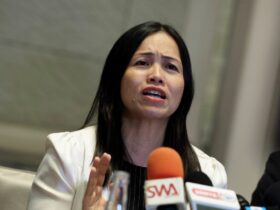
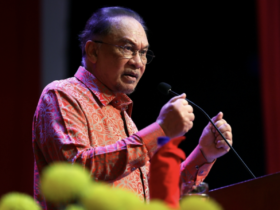
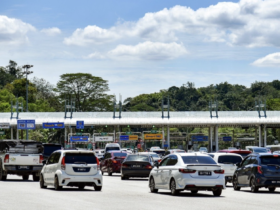
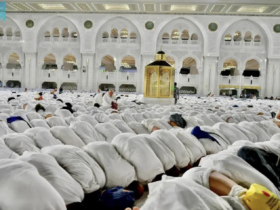
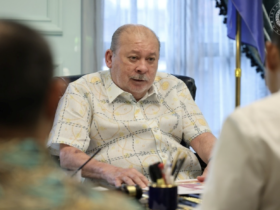
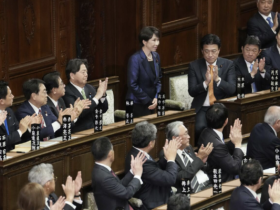
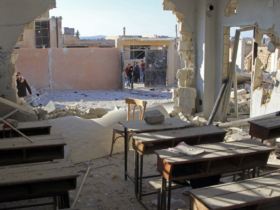

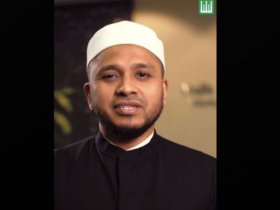
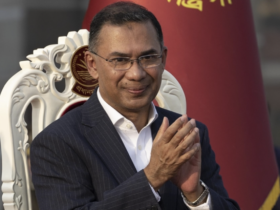


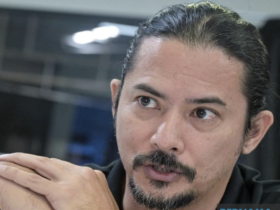
Leave a Reply